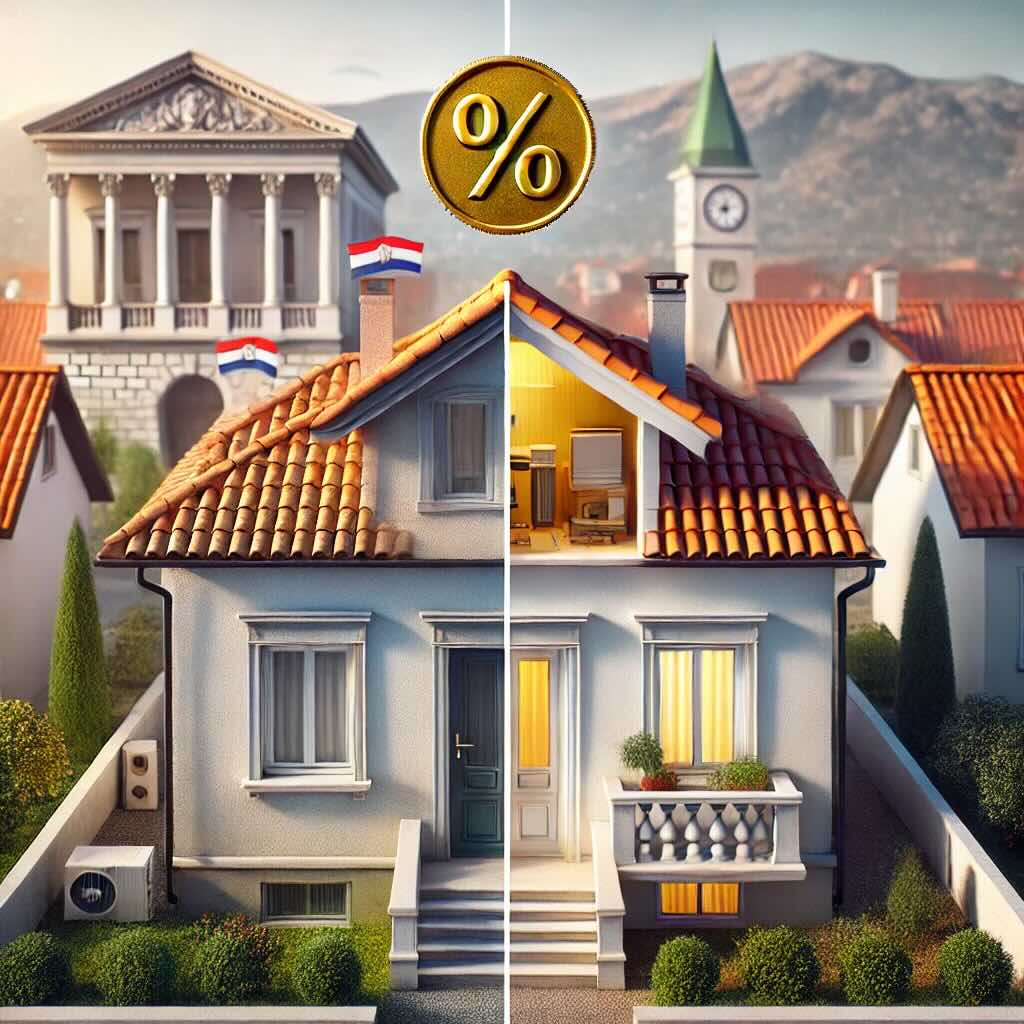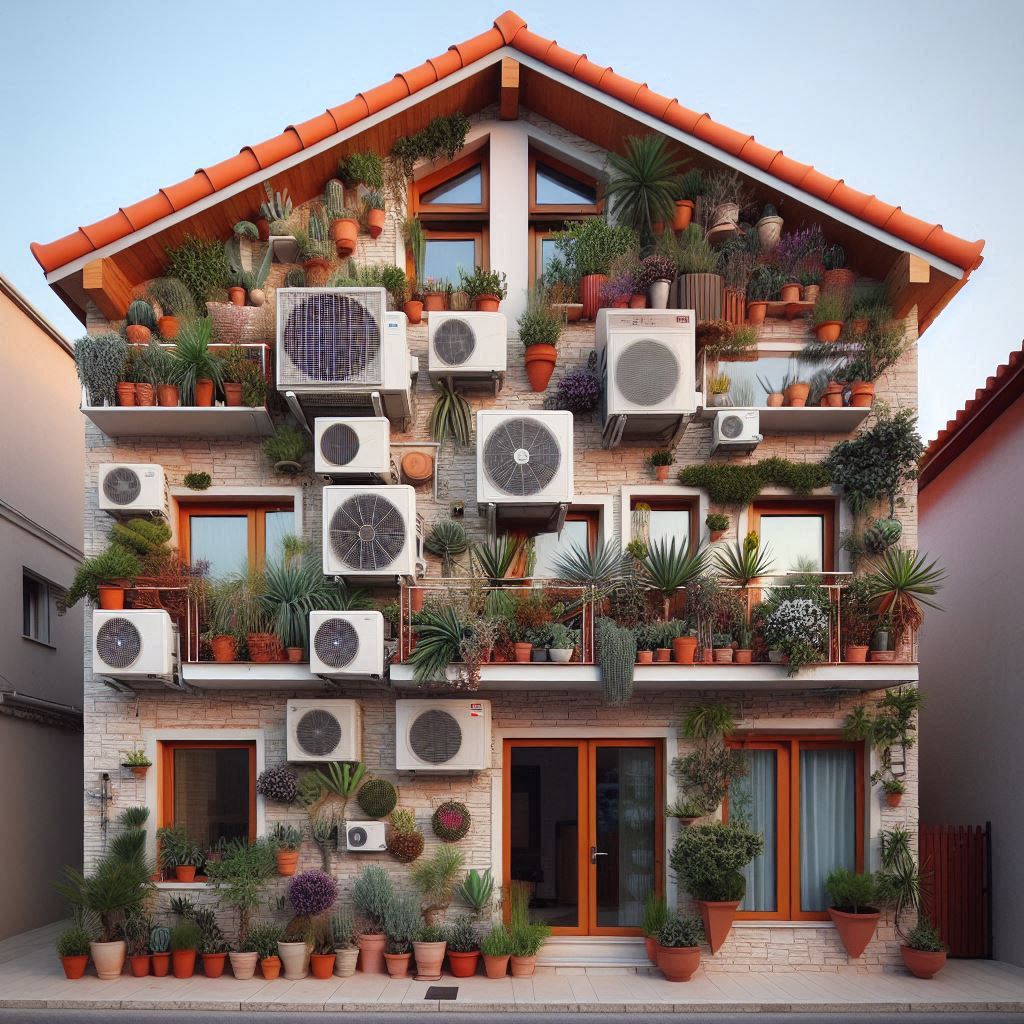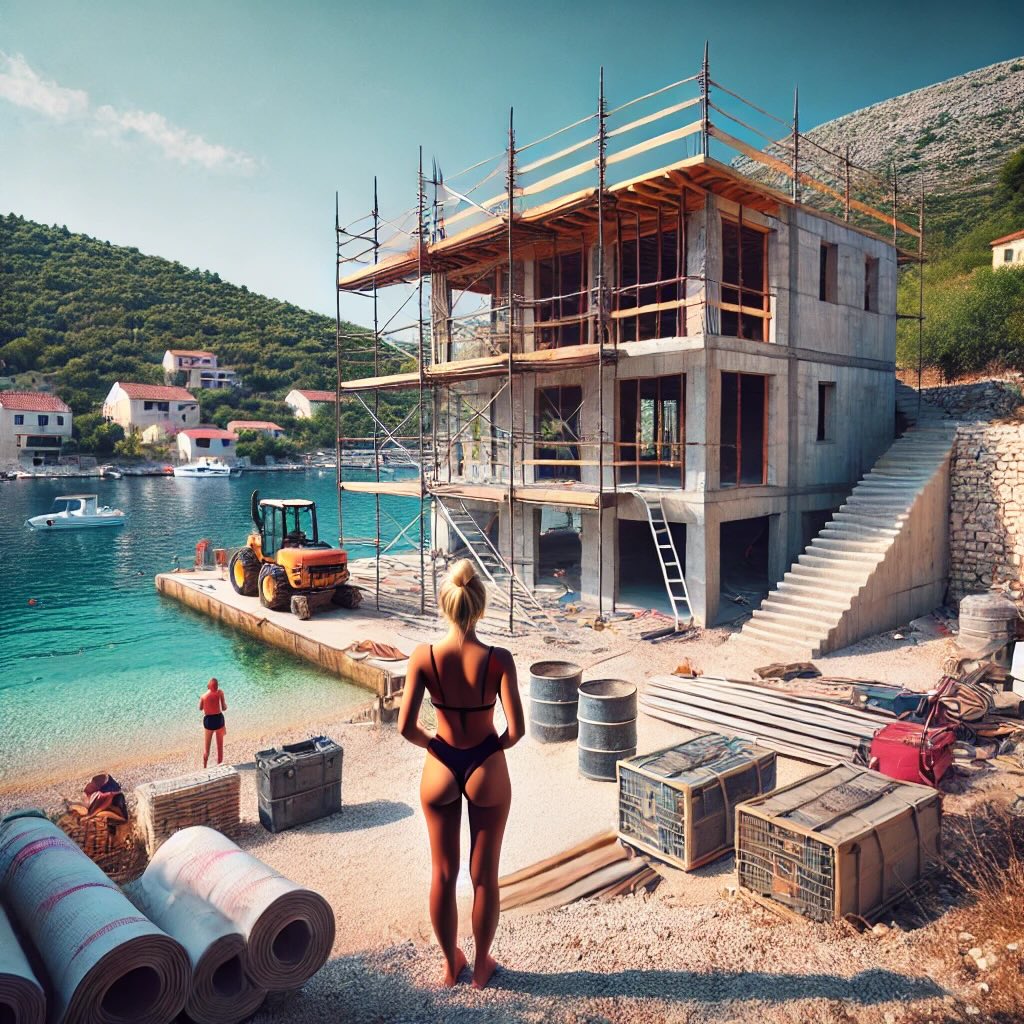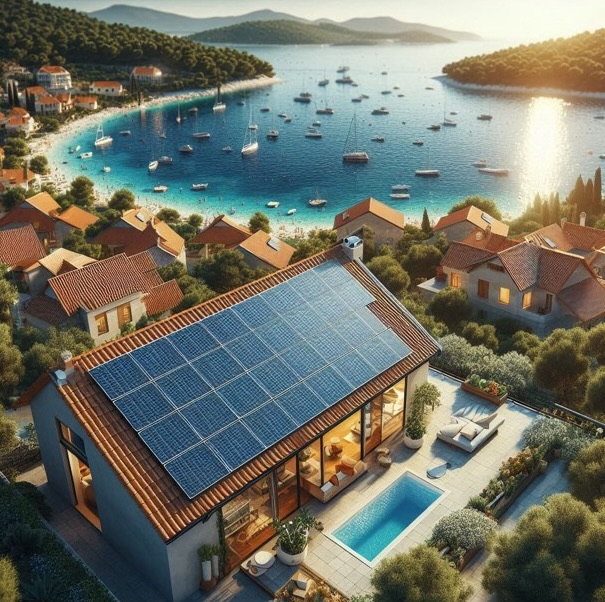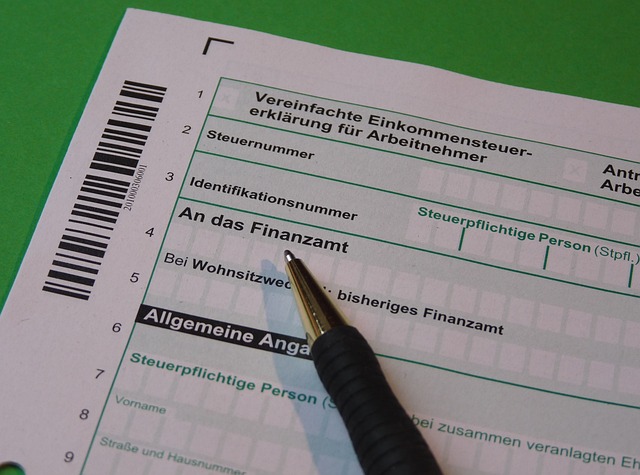
Rising Prices of Essential Goods
One of the main problems faced by Croatian residents in 2025 is the continued increase in the prices of basic food and services. According to the latest statistics, food prices have risen by an average of 12% compared to the previous year. The most significant price increases have been recorded in:- Bread and cereals – an increase of 15%
- Meat – an increase of 10%
- Dairy products and eggs – an increase of 9%
- Vegetables and fruit – an increase of 14%
This development has led to dissatisfaction among residents, resulting in a series of boycotts of retail chains. Consumers in major cities such as Zagreb, Split, and Rijeka have started avoiding shopping in large supermarkets to express their discontent with pricing policies. Retailers defend themselves by stating that their profit margins remain low and that the main reasons for price increases are higher logistics, energy, and labor costs.
Real Estate Market: Development and Current Situation
The Croatian real estate market has become one of the most dynamic in Europe in recent years. After the country joined the Eurozone in 2023 and the Schengen Area, interest from foreign investors in purchasing properties increased, leading to a sharp rise in prices. Between 2023 and 2025, real estate prices in major tourist areas rose by more than 20%.Currently, the average price of an apartment in Zagreb is around 3,500 EUR per square meter, while in coastal locations such as Dubrovnik or Split, prices range between 5,000 and 7,000 EUR per square meter. This trend has made it increasingly difficult for local residents to afford housing.
New Tax Changes and Their Impact on Prices
In 2025, significant tax reforms were introduced in Croatia, primarily targeting the real estate market. The government decided to implement a new real estate tax, replacing the existing property transfer tax. The aim of this change is to reduce speculative purchases and improve housing affordability for local residents.The new real estate tax rates are tiered based on property type:
- Properties intended for permanent residence – 3%
- Properties for recreational purposes or tourist rentals – 4%
- Commercial properties – 5%
Additionally, a new tax on vacant properties has been introduced, ranging from 0.6 to 8.0 EUR per square meter, depending on the location. The purpose of this measure is to encourage owners to offer properties for long-term rental instead of short-term tourist rentals, which in recent years have pushed local residents out of city centers.
These changes have increased operational costs for property owners, which has translated into rising rental prices. For example, in Zagreb, the average rent for a 50 m² apartment has risen to 900 EUR per month, representing an 18% increase year-over-year.
What Other Impacts Can Be Expected?
Given these economic factors, the following developments are expected:1. Continued real estate price growth – Unless stricter regulatory measures are introduced, real estate prices are likely to continue rising, especially in coastal areas.
2. Further increases in the prices of essential goods – Due to higher business operational costs, further price increases for food, energy, and services are anticipated.
3. Stronger regulation of tourist rentals – The government may further tighten conditions for short-term rentals, which could impact the availability of tourist accommodations.
4. Shift in demand to less attractive locations – Young buyers who cannot afford housing in city centers may relocate to less touristy areas.
The year 2025 brings a series of economic challenges for Croatia, affecting both residents and investors. Rising costs of essential goods, new tax burdens, and the continuous increase in real estate prices lead to greater financial pressure on households. Although the government is introducing measures to slow down this trend, their effectiveness will depend on further economic developments and the international situation.
For both investors and local residents, it is crucial to closely monitor legislative changes and market trends to make informed decisions regarding housing and business opportunities.

















